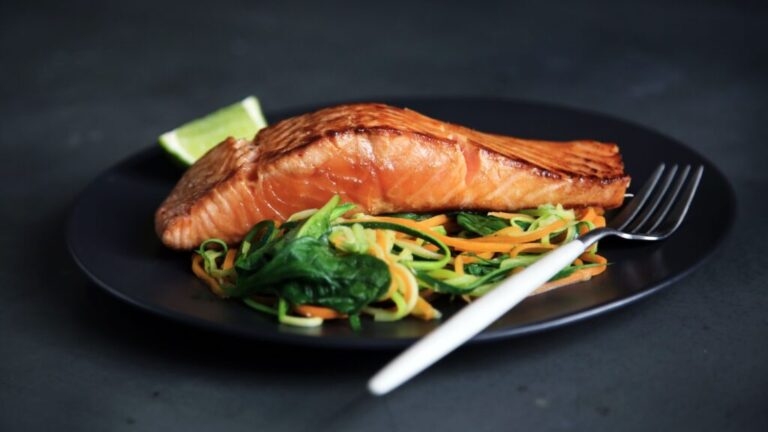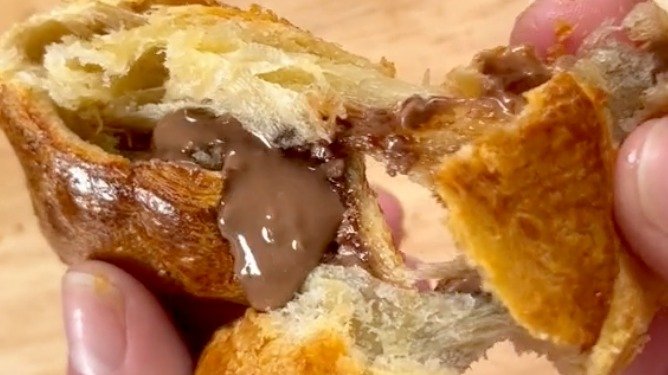Cooking Mistakes We’re Probably All Making

There’s a reason cooking books are so massive—there’s just so much to learn!
The world of cooking is huge (and tasty), and picking up a few simple tips can take you from being a decent cook to an absolutely amazing one.
So whether you’re a kitchen pro or someone who somehow manages to burn water, here are 15 cooking mistakes we can all learn from.
You don’t practice mise en place

This French culinary phrase means “everything in its place.” In simple terms, it’s all about prepping before you cook—chopping your veggies, measuring your spices, and getting your kitchen organized. When everything’s set up ahead of time, cooking becomes way easier (and way less stressful).
You overcrowd the pan too much

“I always cook meats one at a time in a small pan. My boyfriend wonders why mine always turn out better than his that he makes all together in one bigger pan.” – u/ Shewhoisgroovy
You add garlic and onion to a pan together

Even though most recipes tell you to add ingredients in stages, some people like to throw everything in at once.
Big mistake—especially with garlic. Garlic cooks much faster than other ingredients, and tossing it in too early can leave you with a bitter, burnt mess.
You don’t taste as you go

“This is the key thing especially for beginners or people who cook occasionally. not all ingredients taste the same year after year. you may be using a different salt or a different type of tomato or a different oil.” – u/ pornendo
You don’t cut vegetables into uniform sizes
Ever wonder why some carrot pieces are perfectly cooked while others are still crunchy? It all comes down to size. If you want your meat and veggies to cook evenly, make sure you’re cutting everything into similar-sized pieces—it’s a simple trick that makes a big difference.
You don’t add some sort of acidity to your food

Once you start using a splash of acidity in your cooking, you’ll wonder how you ever went without it. Acidity brings out the flavor in your food by balancing bitterness and sweetness—and it can even help save a dish if you’ve gone a little heavy on the salt.
You don’t clean as you go

Once you get more confident in the kitchen, try using the downtime while your food cooks to tackle a few dishes. It’ll save you from facing a mountain of dirty plates after your meal—and trust me, future you will be grateful.
You overmix your cake/muffin batter

“I used to think mixing well makes it fluffier, makes it taste better as all ingredients are evenly mixed. That’s not the case, it makes gluten develop in your batter faster, which should happen in the oven and make it fluffier and less dense.” – u/ oreos_m
You don’t let the meat sit after cooking

We get it—it’s tough to let a perfectly cooked, juicy steak just sit there. Kind of like waiting for cupcakes to cool before digging in!
But letting meat rest for a few minutes after cooking is key. It gives the juices time to redistribute, so every bite is tender and flavorful—not dry and disappointing.
You didn’t follow the recipe

“Not following the recipe and then wondering why their food isn’t as good. That step you skipped mattered. You’re not enough of an expert to know what can be substituted. Just follow the recipe.” – u/ Healer1124
You’re cooking on a high heat

Cranking up the heat doesn’t mean your food will cook faster—it usually just means it’ll burn. Sure, there are times when you need high heat, like bringing something to a boil. But after that, it’s all about turning it down and letting it simmer. Patience makes better food.
You don’t know why your food tastes boring

“Learning why the food tastes boring. No depth of flavour? More browning. Tastes bland? More salt. Tastes flat? More acid. Tastes dry and unsatisfying? More fat.” -u/ almostlucid . Also, learn to season throughout.
You don’t let baked goods cool before trying to frost them

Patience is everything when it comes to cooking and baking! If you slap icing onto a hot cake or cookie, it’s just going to melt into a gooey mess—and boom, you’re suddenly starring in your own “Pinterest fail.” Let it cool first, and your dessert will thank you.
You don’t use enough salt

“Salt is a flavor intensifier. If you need to reduce salt in your diet, then reduce the salt in cooking and sprinkle some on top when cooking is complete. It will produce the desired effect while still maintaining most of the flavor. Just cutting the salt makes your food bland and unappetizing.” – u/ capnhist
You overcook your meat

A meat thermometer is about to become your new kitchen BFF. It takes the guesswork out of cooking meat, helping you know exactly when it’s done—no more dry, overcooked chicken or risky, undercooked bites. Safe, juicy, and perfectly cooked every time.



